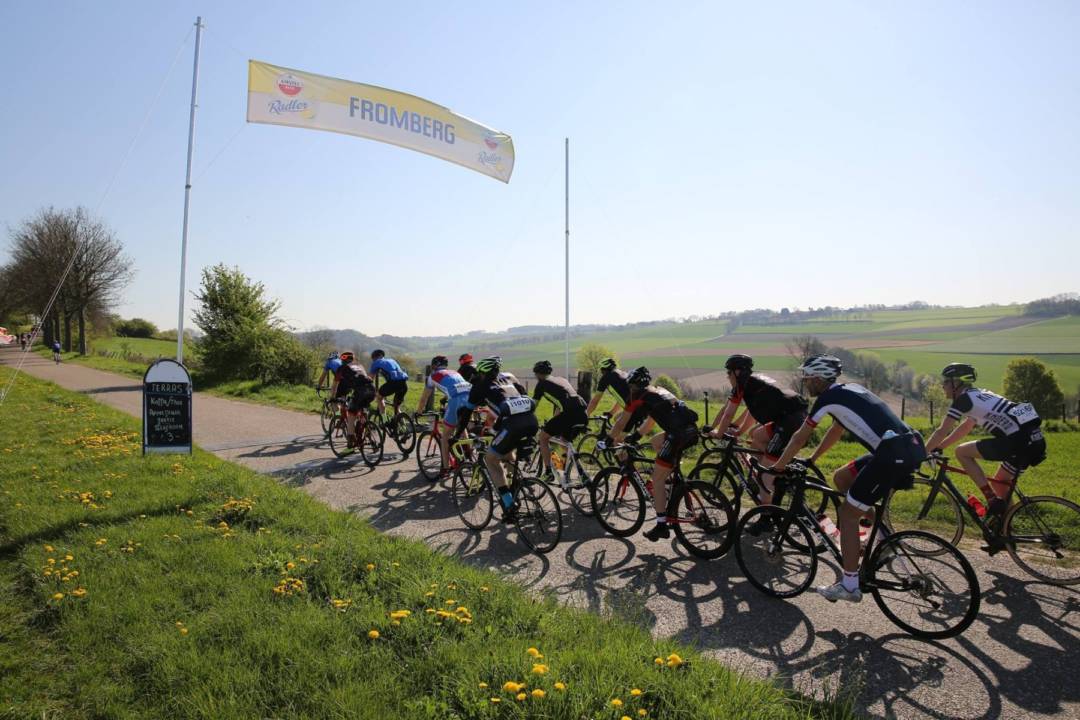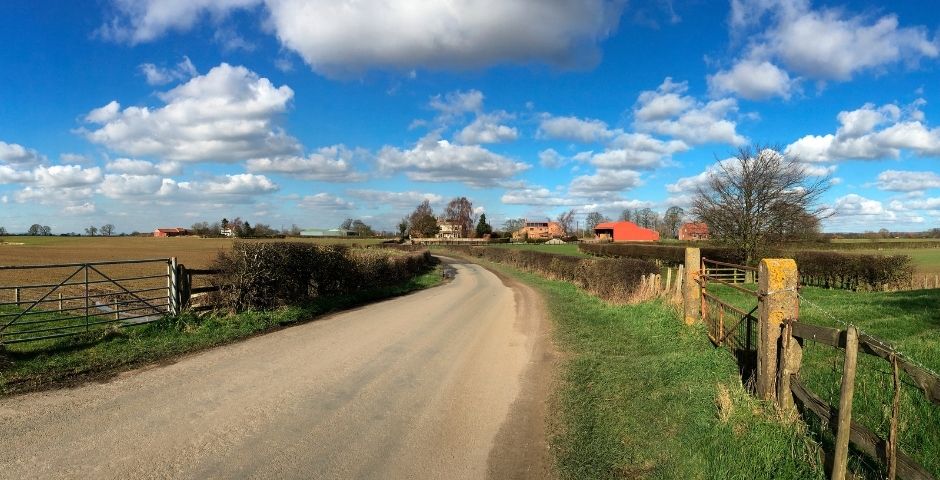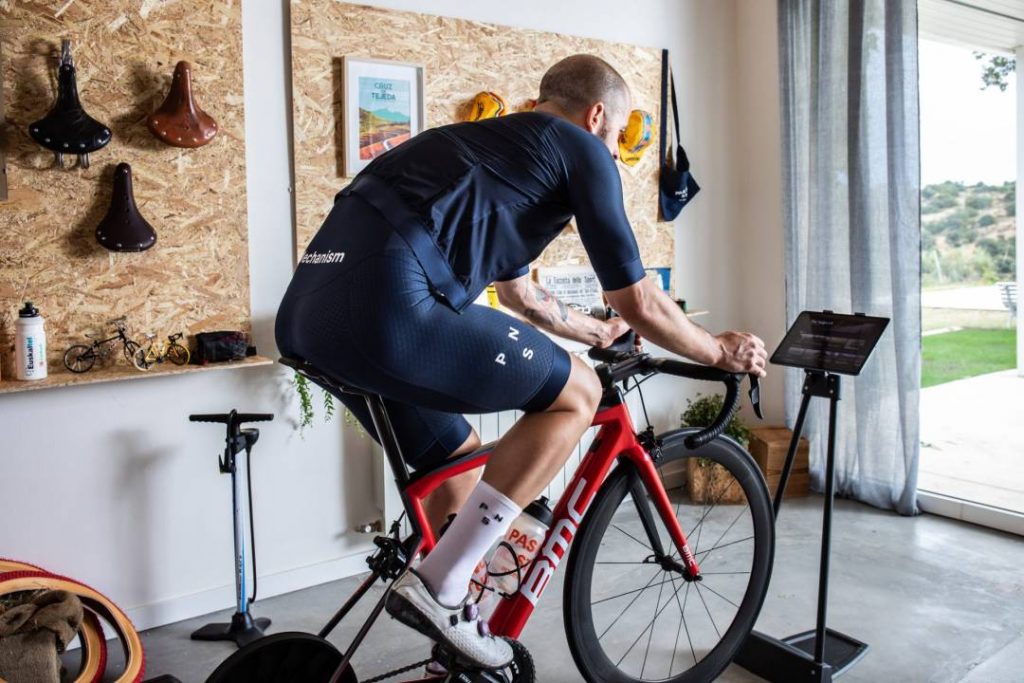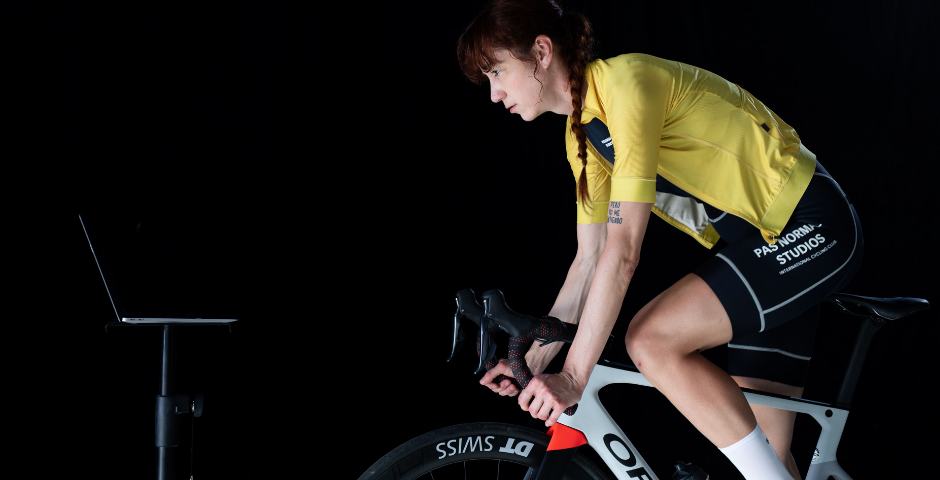If you are a passionate cyclist, there is nothing like living the unique experience of taking part in a Gran Fondo. Belgium is a country known for being the cradle of cycling and for its calendar full of these tests.
Some of the most important races in the world, such as the Liège-Bastogne-Liège or the Ronde van Vlaanderen, take place every year on Belgian soil.
If you have considered preparing for a challenge of this caliber, there are some considerations that you must take into account. Not only do you have to choose an appropriate Gran Fondo according to your level of experience and preparation, it is also essential that you prepare yourself properly.
In this article we will give you our recommendations so that you can fully enjoy the experience of riding a Gran Fondo in Belgium.
Good planning is the foundation of success
Physical preparation is essential to successfully complete a Gran Fondo in Belgium. In order to successfully face the kilometres and unevenness of the race, it is recommended that you plan your training in advance, establishing long and short term goals.
Distance, intensity and frequency are important factors to consider. In addition, it is recommended that you do specific exercises for cycling, such as resistance and strength training.
The Gran Fondo, as its name suggests, are tests that stand out for their great mileage. However, it is important that you be cautious when starting to train.
Increase the distance progressively, do not try to do a large number of kilometres abruptly, as this can cause injury or muscle fatigue. Learn to increase the kilometres of each session and the weekly totals progressively, respecting the necessary recovery times.

Varying the intensity in training will also be key. The combination of different demands will allow you to work on various physical aspects, such as resistance, speed and strength. Later we will see what types of sessions you should include in your preparation.
Frequency is another aspect that you must manage. Although it will depend on your level of preparation and availability of time, it is recommended that, at the beginning, you do between 3 and 4 weekly training sessions, increasing the frequency as you get closer to the date of the race.
And, of course, precision cannot be missing, so decisive in all sports. It’s not just about getting on two wheels and racking up the miles: you need to do cycling-specific exercises, such as resistance and strength training. It will help you improve pedalling ability, speed and muscular endurance.
In summary, a good planning of the training, combining distance, intensity and frequency, together with the performance of specific exercises for cycling, will allow you to arrive in optimal conditions for the race.
Remember that physical preparation will not only allow you to enjoy the race, but it will also help you prevent injuries and improve your overall health.
The essential sessions in your planning
Although the training plan must always be individualised and adapted to the characteristics of each cyclist, here are five types of sessions that cannot be missing from your planning:
Aerobic resistance training
Groundwork is key. Do not forget the sessions in which you add kilometres maintaining a constant pedalling cadence and without forcing the rhythm. This type of training improves cardiovascular endurance and prepares the body for long-distance running.
Hill Strength Training
Uphill intervals strengthen the legs and increase endurance on long climbs.
Speed training
Incorporate high-intensity work into your workouts. For example, 30 second sprint bouts at top speed, followed by a 2-3 minute rest to recover. I was able to repeat this process between 4-6 times, depending on your level.
This training improves anaerobic capacity and helps increase speed on level ground.
Group training
Remember that “you compete as you train”. Outings in a group with cyclists of similar abilities and rhythms are an essential part. Practice teamwork and group riding techniques, including relay work and the use of signals. This training also helps build confidence in group riding.
Active recovery training
Recovery workouts help reduce fatigue and speed muscle recovery, preparing the body for the next workout. Your body will thank you on the most demanding days.
How can BKOOL help me prepare a Gran Fondo?
Indoor training can be a great ally in preparing for your sporting challenges. At BKOOL we have a wide library of training sessions that can greatly facilitate the path to your next Gran Fondo in Belgium.
Remember that you also have the Workouts planner at your disposal, which allows you to design à la carte workouts adapted to your needs.

In addition, we have our catalogue of routes that will allow you to examine some of the routes of the most important events, such as the Liège-Bastogne-Liège or the Ronde van Vlaanderen.
If you are thinking of facing some of them, BKOOL gives you the opportunity to know in advance what you are going to find. Enjoy the experience and remember that the main objective is to overcome your own limits. Good luck on your Gran Fondo in Belgium!
If you haven’t had the chance to try BKOOL yet, you can try it for FREE for 30 days on our website.
 Go to BKOOL
Go to BKOOL






amstel gpld race is not on belgian soil … its in the netherlands 🙂